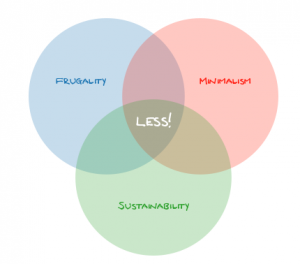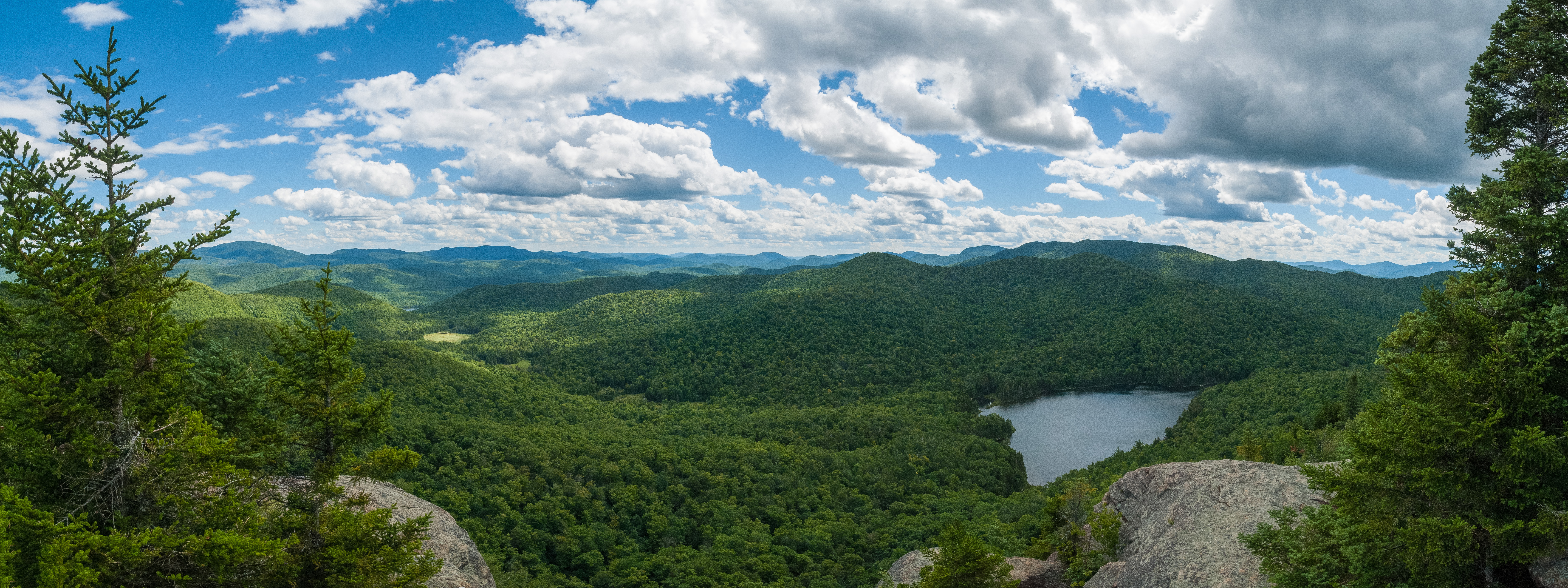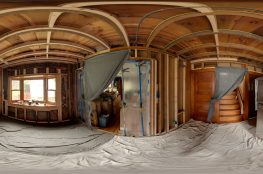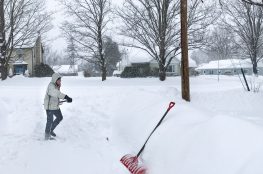It all started with The Life Changing Magic of Tidying Up. Actually, it started with our basement, which had become almost impassible. And by “it,” I mean 2017.
I’m Julian, and I’ve been trying to declutter and simplify my life for at least the past fifteen years. When the books tell you that it’s an ongoing process, they aren’t kidding. I had intended 2016 to be the year of the big basement decluttering, but other projects got in the way, and suddenly it was a year later and the basement was even worse. In January, in need of some inspiration, I dug through the nearly one thousand books on my Kindle (it’s not at all obvious I need some decluttering, is it?) and stumbled across Marie Kondo’s The Life Changing Magic of Tidying Up. I was completely unaware of the book’s cult following or how it was the “it” thing of the past year or two. It was simply one of the few books on decluttering I had at that moment, so I read it. A few days later, I finished it, and gave it three stars out of five on Goodreads, thinking it a bit loopy in some ways, but still the push I needed to finally start decluttering again. I then read Kondo’s follow-up, Spark Joy, followed by a succession of books on decluttering, minimalism and personal finance. Twelve books in total, so far, in the span of about a month and a half, with more still in progress. I also watched The Minimalists on Netflix, and started reading minimalist blogs, which led me down a rabbit hole of personal finance and frugality and financial independence blogs and quite quickly, my being totally overwhelmed and distracted from my initial project of purging my life of too much stuff. (We’ll get to my perfectionism in another post. Or several. Or twenty.)
It was at this point that the idea of this blog really started to take shape. I created Reaching for Less to document my quest to live more intentionally, at the intersections of sustainability, frugality and minimalism. I’ve blogged on and off over the years on various topics, but find that I am always coming back to some variation on these three topics and the commonalities between them. While I’ve pursued simple living for the past fifteen years or so, I was raised to be frugal. It’s in my blood, you might say. I’ve saved since I was a little kid. Sometimes I’ve perhaps pinched pennies too much, and sometimes I’ve been more spendthrift, but on balance, I lean towards thrift. My environmental consciousness grew out of my love of nature, the increased public awareness of climate change in the past few decades and my recognition that much of the frugality I learned growing up was good for the environment as well.
A few years back, I painstakingly created a Venn diagram that illustrated the sweet spot for how I wanted to live my life. (Ironically, I decluttered the original image in a digital purge just a couple of weeks ago, but it was ugly anyway, and who needs ugly?) Here’s version 2.0:

There are things we do that may be minimalist, but are definitely not frugal, and frugal things we do that may not be great for the environment. We may choose to do them anyway, or we may choose to forego those things as a result. It’s all about evaluating the circumstances and making conscious, intentional choices. For me, I try to aim for the sweet spots of intersection on that Venn diagram.
If you landed here because of a prior interest in frugality, minimalism and/or sustainable living, these terms are probably familiar to you. However, my wife, (who shall henceforth be known on this blog as Dr. Math,) suggested that I define the terms. (This is what happens when you have a math professor read a post involving a Venn diagram.) In future posts, I will likely elaborate on all of these terms. For now, here are some quick definitions.
Frugality (from Dictionary.com)
“the quality of being frugal, or prudent in saving; the lack of wastefulness”
Implicit in my personal definition of frugality is that it is voluntary and intentional. It is being conscious in one’s spending decisions, and reducing wasteful spending whenever possible.
Sustainability (from Dictionary.com)
“the quality of not being harmful to the environment or depleting natural resources, and thereby supporting long-term ecological balance”
My personal definition of sustainability (aka sustainable living, green living, eco-friendly, etc) is actually nearly identical to that of frugality, only focusing on reducing the use of limited natural resources rather than dollars.
Minimalism as a lifestyle is a rather new term, and was previously contained in the term “simple living.” As such, there isn’t a convenient dictionary definition of it. It means a lot of different things to a lot of different people, but it’s basically about stripping away all of the excess with which we have surrounded ourselves in order to create space to live with greater purpose.
For me, all three are about celebrating the power of less: spending less, using less, wasting less, possessing less. The goal is by reaching for less of the trivial, we reap more of what truly matters.
Disclosure: This post contains affiliate links. If you make a purchase through one of those links, I will get a very small amount of that purchase, which I will use to buy a very small part of a bicycle. Or to help pay my hosting costs and keep this blog going. Either way, we both win.


